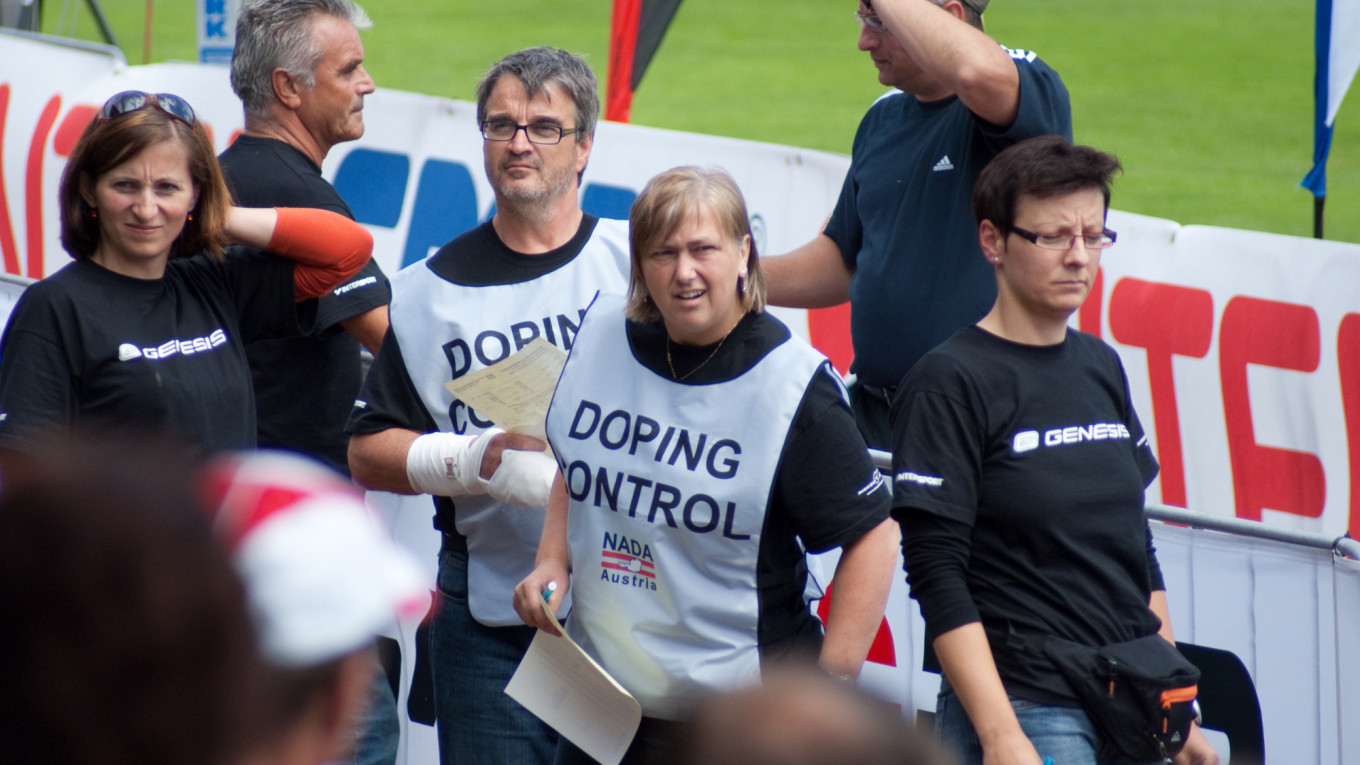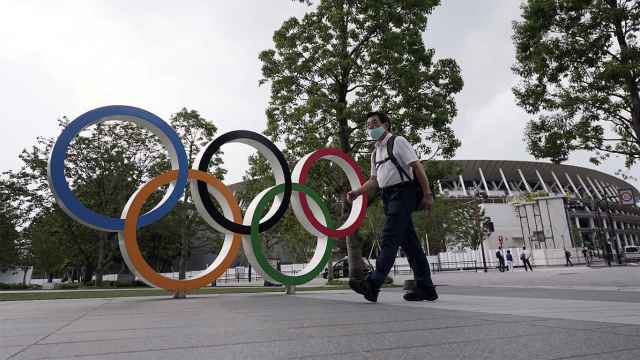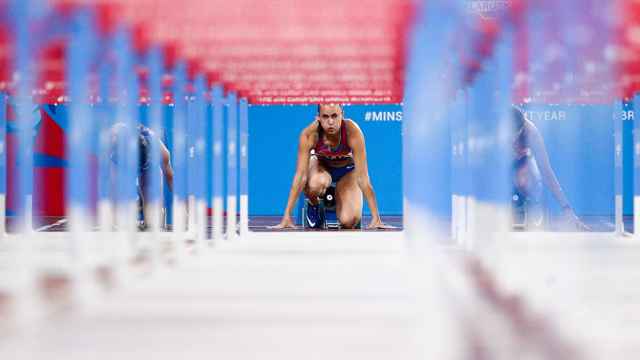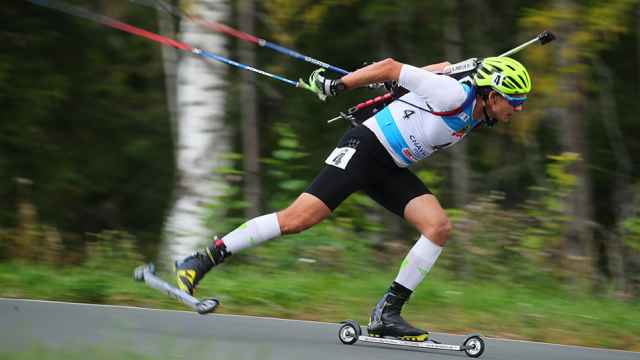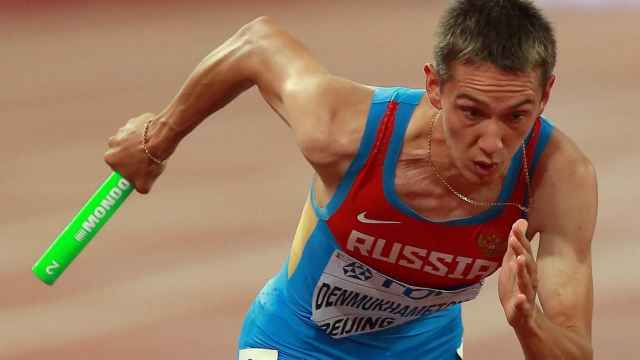Russian anti-doping chief Yuri Ganus said on Wednesday that the country's suspended athletics federation was not doing enough to stamp out doping culture and was falling short in its bid to be reinstated by global athletics governing body IAAF.
Russia's athletics federation has been suspended since a 2015 report commissioned by World Anti-Doping Agency (WADA) found evidence of mass doping in the sport. The IAAF decided to uphold Russia's suspension earlier this month and will review its status in September.
"Enough with appearances. Over the last four years we have presented our athletics as being in a great state," Ganus told a news conference. "We have serious grounds to say that the federation in its current condition cannot be reinstated."
Ganus, who last month called for the dismissal of senior Russian athletics officials, said efforts to transform the culture in Russian athletics had so far fallen flat.
"We need to stop trying to demonstrate a (change) in culture," he said. "A culture comes with daily work... in our relationship to athletes."
Reuters reported this month that two coaches and one doctor banned for doping were still working with athletes, a situation that can expose athletes to anti-doping violations.
The IAAF task force overseeing Russia's reinstatement said this month that Reuters' findings called into question the federation's ability to enforce doping bans and embrace a new anti-doping culture, which are conditions for its reinstatement.
Margarita Pakhnotskaya, deputy head of RUSADA, said on Wednesday the agency could not provide a timeline for its investigation into Reuters' findings. The Russian sports ministry has said it would probe the findings by the end of the month.
Despite the ban, some Russian athletes — including two-time world champion high jumper Maria Lasitskene — have been cleared to compete internationally by the IAAF after demonstrating they train in a doping-free environment.
A Message from The Moscow Times:
Dear readers,
We are facing unprecedented challenges. Russia's Prosecutor General's Office has designated The Moscow Times as an "undesirable" organization, criminalizing our work and putting our staff at risk of prosecution. This follows our earlier unjust labeling as a "foreign agent."
These actions are direct attempts to silence independent journalism in Russia. The authorities claim our work "discredits the decisions of the Russian leadership." We see things differently: we strive to provide accurate, unbiased reporting on Russia.
We, the journalists of The Moscow Times, refuse to be silenced. But to continue our work, we need your help.
Your support, no matter how small, makes a world of difference. If you can, please support us monthly starting from just $2. It's quick to set up, and every contribution makes a significant impact.
By supporting The Moscow Times, you're defending open, independent journalism in the face of repression. Thank you for standing with us.
Remind me later.


